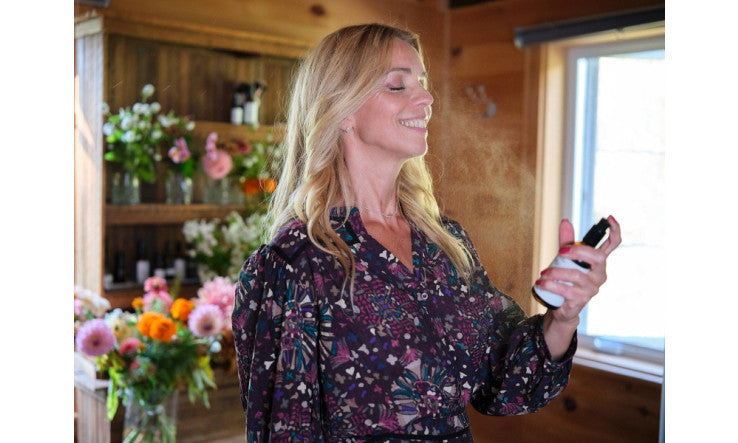Babies should share their mother's bed until they are 3 or even 4 years old, doctors say (kangaroo care)
When it comes to parenting, everyone seems to have an opinion, and rightly so, especially if you're a parent yourself. But what about the controversial topics? Is there a right or wrong way to raise your children? Are there certain things you should or shouldn't do? Sure, some things are more important than others. But new advice from a pediatrician suggests that children should sleep in bed with their mothers until the age of three.
This is confirmed, among others, by Dr. Nils Bergman of the University of Cape Town in South Africa. He mentions that, for optimal development, healthy newborns should sleep on their mother's chest for at least their first few weeks. After that, he believes they should stay in bed with mom and dad until they are three or even four years old.
Because there has been a lot of fear mongering around the risk of SIDS—the idea that a parent could roll over and suffocate their child—co-sleeping is generally not recommended. In fact, a recently published British study found that nearly two-thirds of SIDS cases occurred when beds were shared. But, according to Dr. Bergman, “when babies suffocate and die, it’s not because their mother is present. It’s because of other factors: toxic fumes, cigarettes, alcohol, large pillows, and dangerous toys.”
A recent study of 16 infants monitored the babies while they slept in their mother's bed. This study found that the baby's heart was under three times more stress when they slept alone. They had more disrupted sleep, and their brains were less likely to transition between the two types of sleep, called active and quiet. In the cribs, only 6 of the 16 babies did not have quiet sleep, and their sleep quality was significantly worse. Dr. Bergman continued to explain how brain changes caused by stress hormones can make it harder to form close relationships and bonds later in life.
Another study published in the journal Biological Psychiatry involved 73 premature babies who received kangaroo care, or skin-to-skin contact, with their mothers, and three other premature babies who received standard incubator care. The study subjects were followed for 10 years, and the results were as follows:
Kangaroo care increased maternal autonomic functioning (respiratory sinus arrhythmia: RSA) and attachment behavior after delivery, reduced maternal anxiety, and improved child cognitive development and executive functions from 6 months to 10 years. At age 10 years, children who experienced kangaroo care showed a blunted stress response, improved RSA, organized sleep, and better cognitive control. RSA and maternal behavior were closely linked over time, resulting in improved physiology, executive functions, and mother-child reciprocity at 10 years.
The National Childbirth Trust supports bed-sharing provided that parents do not drink, smoke, use drugs, or are obese, chronically ill, or suffer from chronic exhaustion, which could lead them to roll over onto the baby and impact their health.
Overall, this is a highly controversial issue. Many swear by bed-sharing, and it was certainly a common practice before cribs became so common and affordable. It has many benefits, but it's also important to be aware of the potential dangers and consider them.
We all know that babies need to be snuggled, cuddled, and loved. They need to feel safe and secure, and how could they possibly feel being alone in another room of a crib? When you really think about it, it makes a lot of sense.
All parents do what they think is best for their baby, but other people's opinions tend to get in the way. We've all heard those comments like, "Oh, you shouldn't take that baby, you have to let them cry, they'll have attachment issues, how will they develop independence?" Well, they're babies! They can't take care of themselves and they need to be taken care of. It's natural for the mother to take care of her child.
An alternative between these two studies was proposed: simply install the baby's crib in your room. But don't blame yourself if you don't like sleeping with your child; the most important thing is that they receive love during the day! The choice is yours.
In any case, these little ones grow up so quickly, so we must fully enjoy the present moment and savor it with love!
Interview with Dr. Bergman https://www.youtube.com/watch?v=2IYtFrgbDUo
https://www.biologicalpsychiatryjournal.com/article/S0006-3223%2813%2900764-6/abstract


































































Leave a comment